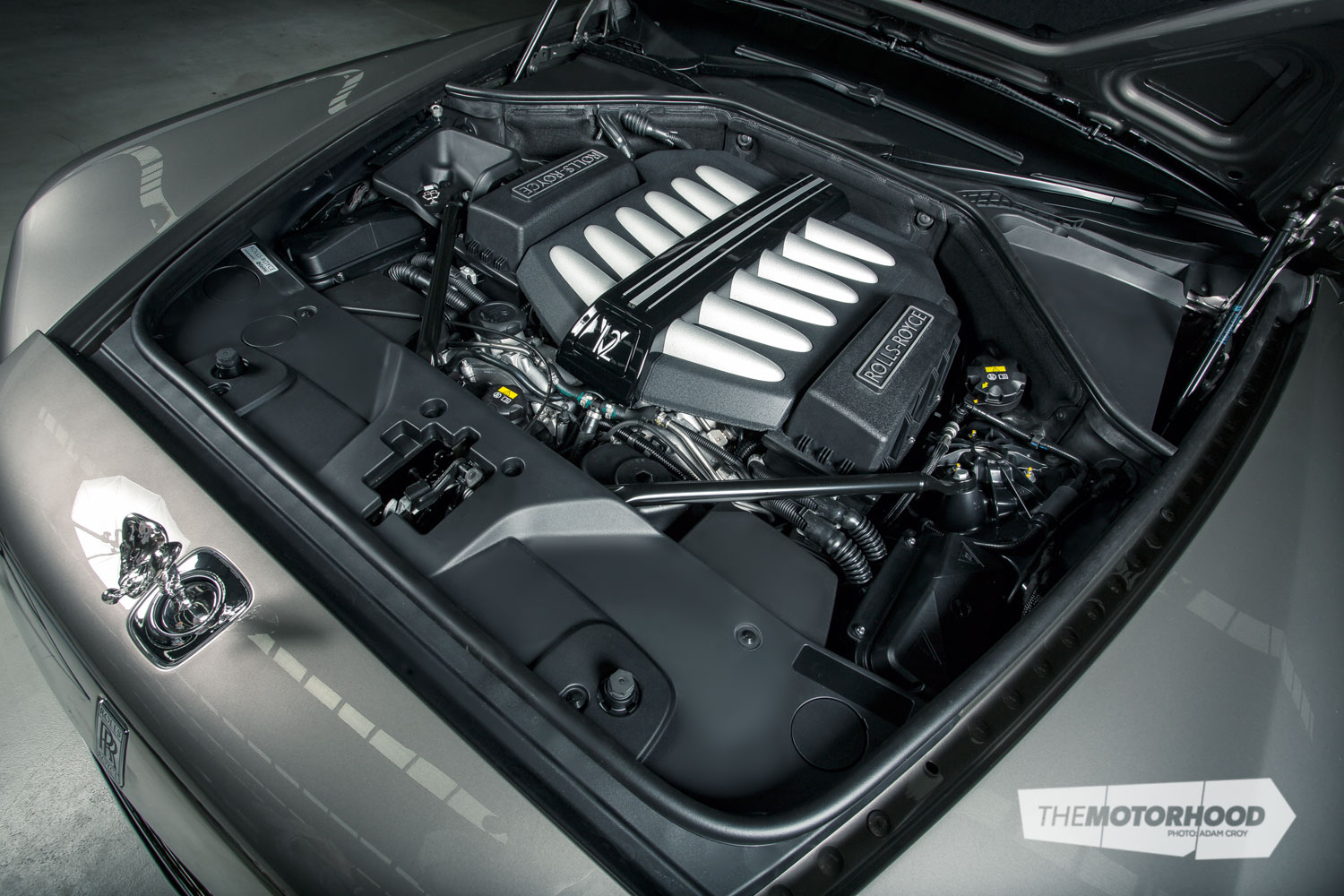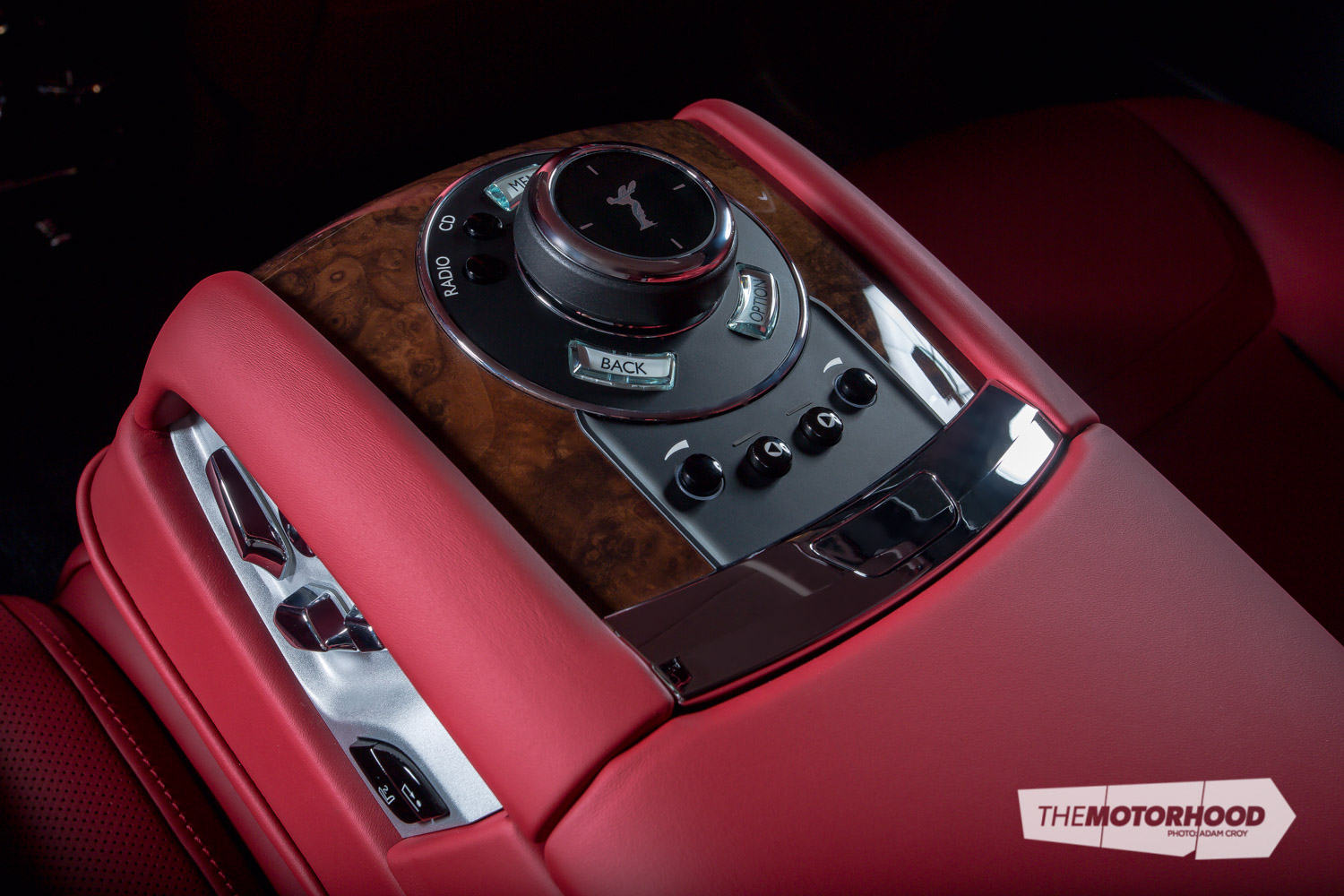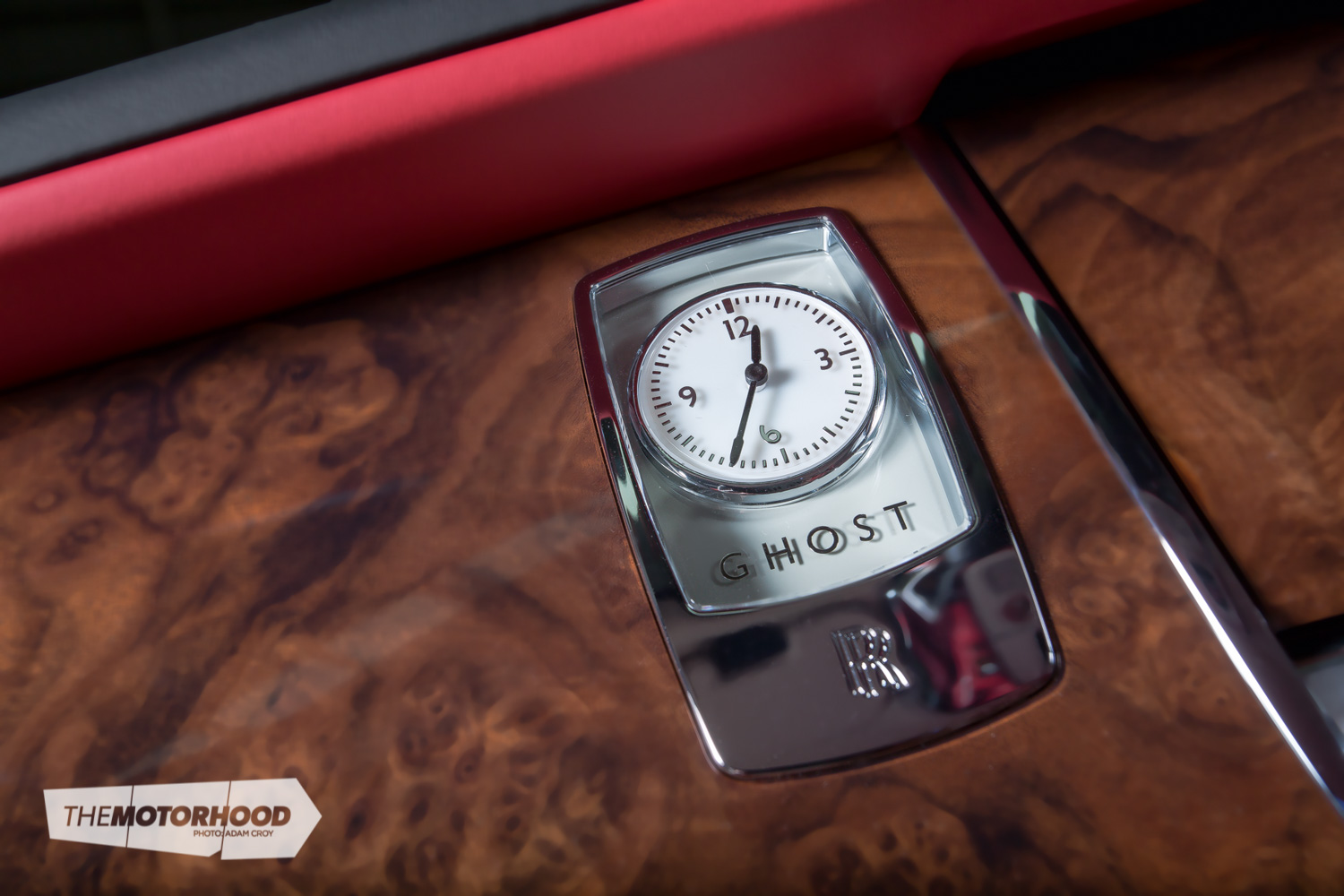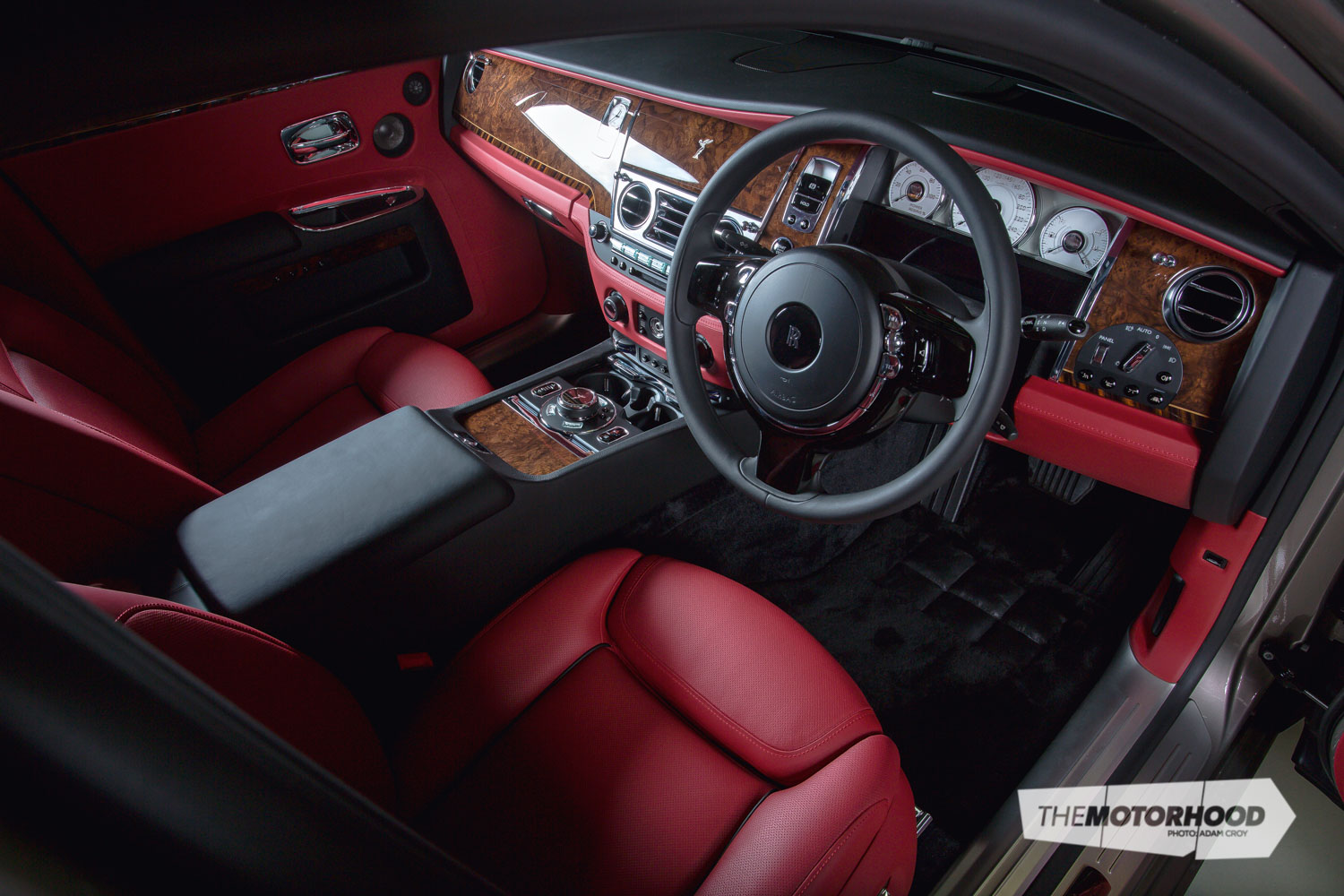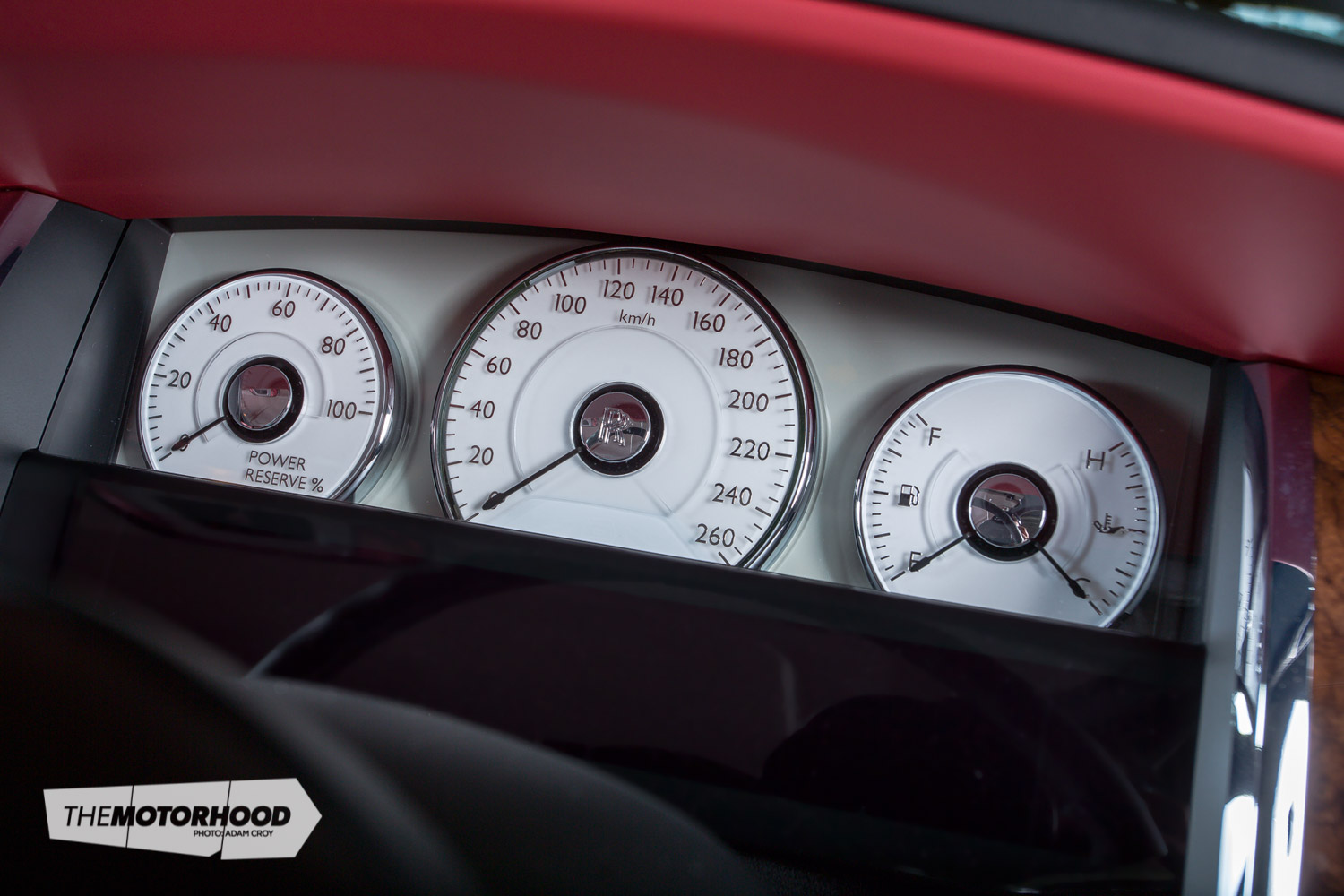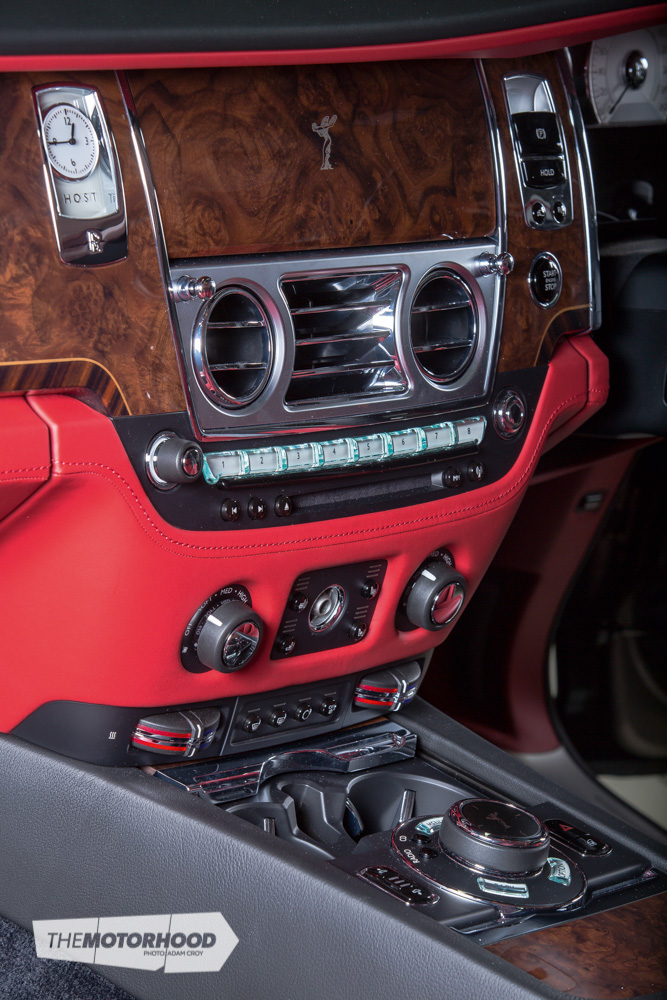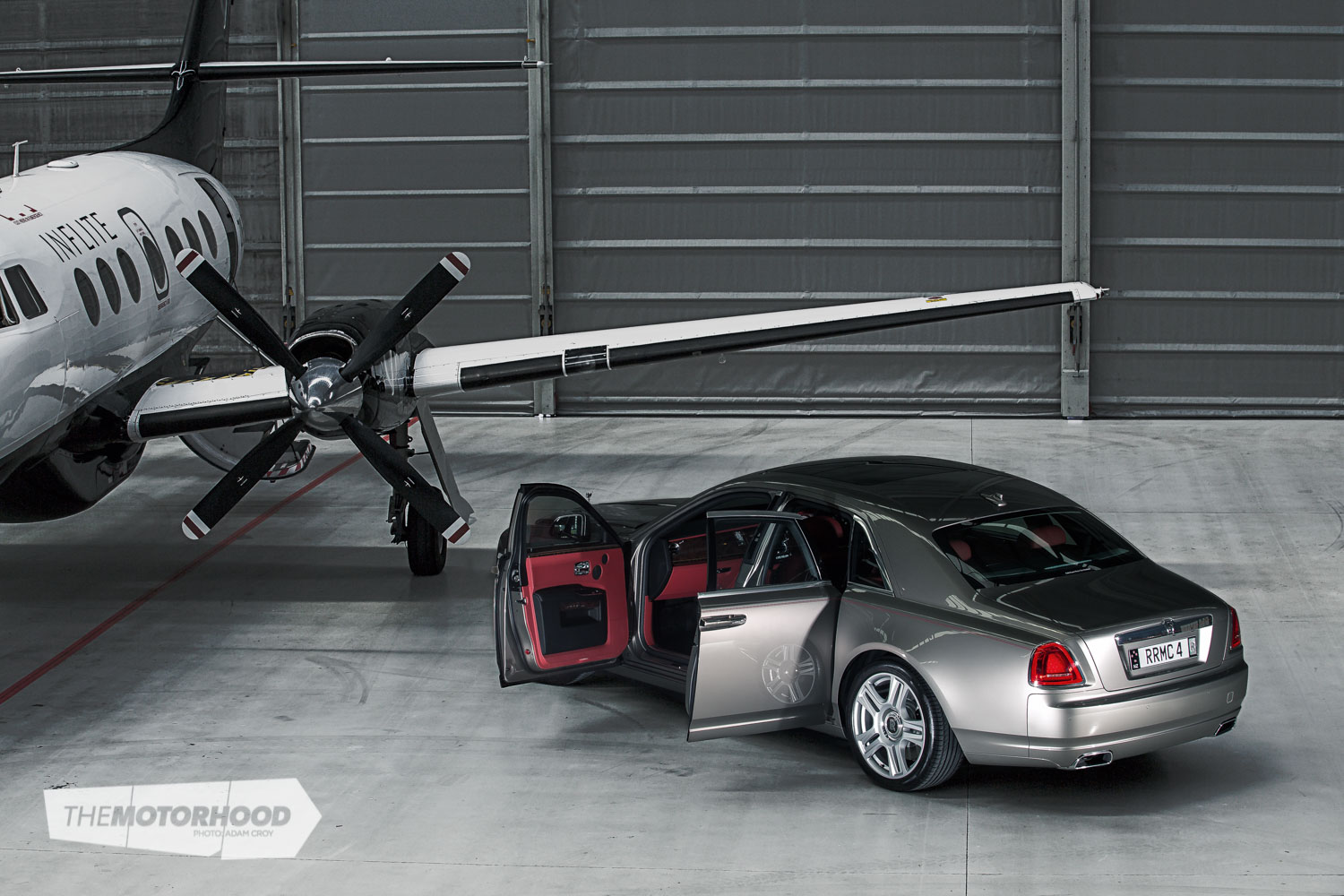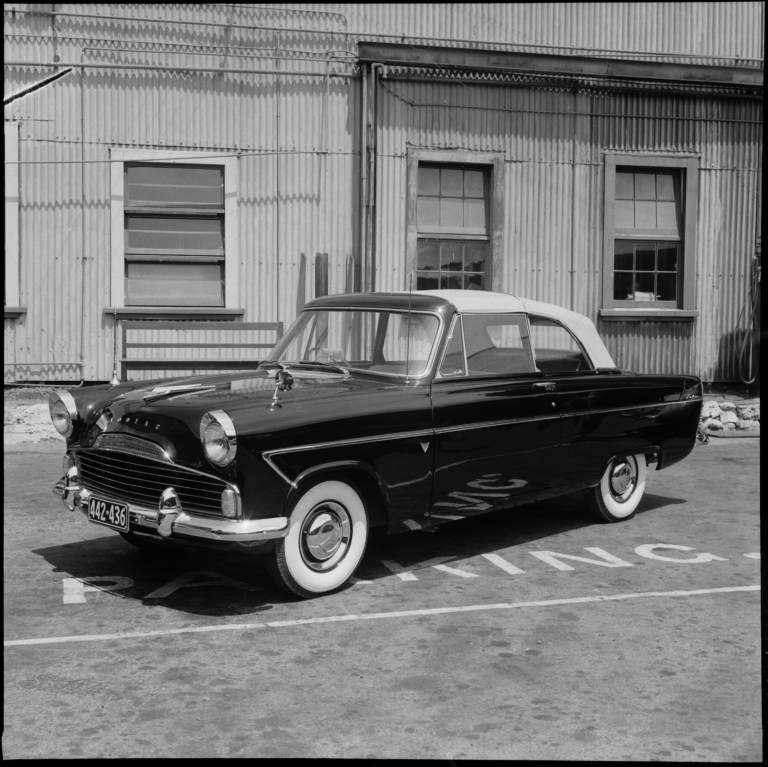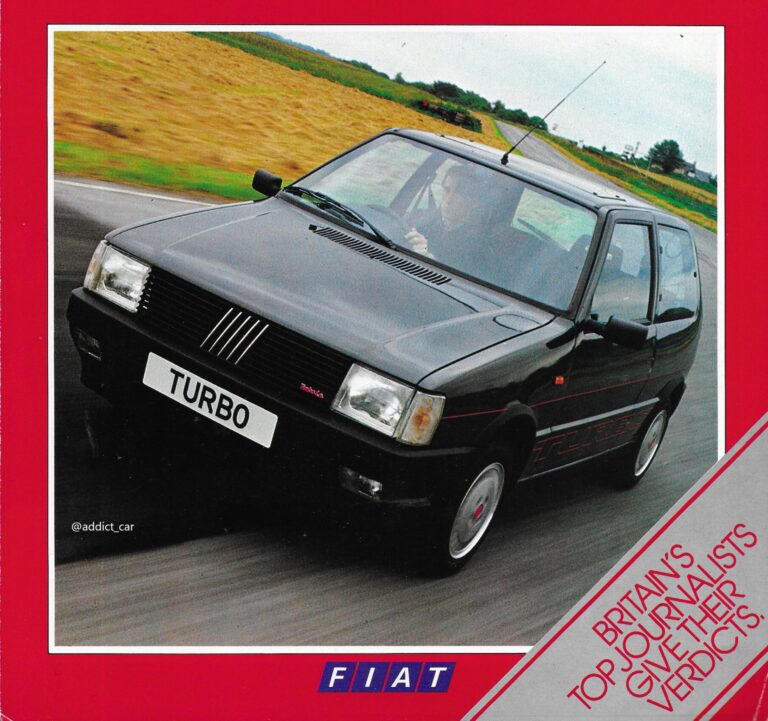data-animation-override>
“Living the life of the rich and famous with the latest Rolls-Royce and a Jetstream J32”
I only very recently got to drive a Rolls-Royce for the first time — the new Wraith — but I’ve always had a mild fascination for the marque. Ever since the early ’70s, after spotting a deep red Silver Shadow on my way to high school, the car’s mysterious and iconic symbol — the Spirit of Ecstasy — has remained firmly implanted in my mind as an outward sign of wealth and success. I’m not alone in that belief. Indeed, for more than a century Rolls-Royce has been synonymous with prestige motoring, craftsmanship, performance and elegance and, even today, remains one of the most, if not the most, recognizable marques anywhere in the world.

The original combination of Charles Rolls and the enterprising Henry Royce in designing and building a car that would set a standard for excellence lasting over a century seems almost impossible by today’s standards. Charles and Henry paid particular attention to detail from the outset, with the intention of being the best in the business. The unmistakable Pantheon-style (refers to the portico of the classical Roman temple, commissioned by Marcus Agrippa in 31BC and rebuilt by Emperor Hadrian in 126AD) radiator grille, which made its debut in 1904, distinguished the Rolls-Royce from lesser cars and still identifies the latest models.
Building on that tradition, the new radiator design — particularly for the latest Ghost and Wraith — also follows the principles of aerodynamics, taking its influence from a jet air intake.
However, the mystique that has surrounded Rolls-Royce from the very beginning has much to do with the quality of materials and hand-crafted manufacture — a combination that’s produced cars possessed with an unparalleled longevity only matched by few, if any, other production cars. At the Rolls-Royce production plant, craftspeople applied their skills to overall assembly, hand-formed chassis, hand-sewn leather, hand-polished wood along with hand-finished and -polished bright work. Today these skilled people, who often began as apprentices in their respective trades, pride themselves on their craftsmanship and often remain with the company for decades. These same skills are still applied to Roll-Royce cars today.
Ghost rider

The Rolls-Royce Ghost Series II was unveiled in 2014 at the Geneva Motor Show, replacing the previous Series I model that debuted in 2009. Although Rolls-Royce is reluctant to utter such a word as ‘facelift’, its challenge was to introduce subtle changes to the ultra-luxury entry-level model in order to ‘refresh’ the massive sedan, to ensure it remained at the very cutting edge of an ever-changing environment to satisfy a specifically targeted younger, independently wealthy, entrepreneurial, and demanding customer.
As such, the Ghost Series II is more of a driver’s car, and less likely to be chauffeur-driven.
Rolls-Royce expects to sell somewhere in the vicinity of 4000 units a year, due in no small part to the extraordinary success of the Series I, and a huge step up from 2003, when the first BMW-backed models managed annual sales of just 500 or so.
Our plan was to get behind the wheel of the latest Rolls-Royce Ghost Series II, and take it out to Auckland International Airport for a photo shoot in suitable executive surroundings. This would mean an 8.00am start to the day — necessary in order to attend a scheduled security briefing at the airport, as we were heading airside. Thankfully, Neil D’Arcy-Brain, brand manager for Team McMillan Limited, was able to have this stunning, brand-spanking-new Ghost ready and waiting. Neil, a consummate professional, gave us a quick rundown on the car and all its electronic wizardry — and, believe me, there’s plenty of it — before we set off for the airport. Luckily, having already experienced the Wraith earlier this year, at least we had some idea of how everything worked and what to expect, despite the differences between the two cars.

Neil was also quick to point out, and quite rightly very proud of the fact, that this particular car was built to his specifications. It was finished in Silver Sand Metallic with acres of perfectly hand-stitched Hotspur Red and black leather, not to mention broad swathes of contrasting cross-banded burled walnut, all hand crafted, of course. I have to say, Neil’s choice was spot on for my taste. According to Neil, 100 per cent of Phantoms are bespoke, while around 80 per cent of Ghosts delivered are also bespoke, including dealers’ factory orders, which are more often than not tailored specifically for a client.
In command

On first impression the Ghost is an imposing vehicle, no matter how you look at it. From the inside, the elevated driving position ensures that the driver is clearly in command, and advised of all road conditions thanks to a heads-up display, night vision with pedestrian and animal recognition, and adaptive LED headlights that bend out of oncoming traffic when the high beam is activated. The Ghost is also equipped with a Lane Departure Warning device, just in case your mind wanders off the job.
Looking through the heads-up display, the famous Spirit of Ecstasy figurine is clearly visible across the distinctly tapered ‘wake channel’ at the front of the bonnet, which emanates from her wings, evoking the sight of a jet’s vapour trail. This iconic symbol of luxury is celebrating her 103rd birthday this year. In addition the flying lady image is visible within Ghost Series II’s cabin, depicted below the crystal glass surface of the new rotary controller. In short, this snazzy gadget — the Spirit of Ecstasy Rotary Controller — allows users to write characters by finger on the touch screen, and imparts the ability to scroll through function menus by turning the chrome dial and pressing down to access onboard Wi-Fi, satnav or the audio system.

Matching the electronic gadgets, the interior design of the Ghost looks contemporary, and has everything you’d expect from a vehicle nudging the 600 grand mark. The first thing I noticed was the exceptional attention to detail that is expected of Rolls-Royce — sumptuous natural-grain leather upholstery sourced from Northern Europe, well-designed seats that boast an array of functions including electronically adjustable thigh support for front seat passengers, and a revised rear-seat design to ensure absolute comfort for those wishing to conduct business, or simply sit back, relax and enjoy the ride, or perhaps a video via one of the rear screens (which operate independently of each other). Our test car also included three-level heating and cooling and an optional ‘massage’ function.
Although rather inconspicuous, the instrument dials and clock have been individually applied with polished metal chaplets around the dials, evoking the precision design of hand-made, luxury wrist watches, whilst the matte chrome centres ‘float’ in the middle of each instrument.
And let’s not forget about the umbrellas that are very neatly stowed away in the two front doors — these are not just ordinary umbrellas, they are in fact made from ultra water-repellent Teflon. Putting one of these bespoke brollies back wet isn’t a problem either, as the tube is heated to ensure it is dry again and ready for the next rainy day.
Powerhouse

Under the Ghost’s long, subtly sculpted bonnet, the silky-smooth 6.6-litre, twin-turbocharged V12 (based on BMW’s 6.0-litre V12) delivers astonishing acceleration, silently and effortlessly. This powerhouse is mated to an eight-speed GPS-aided automatic transmission, previously only seen on the sportier Wraith. This unit has the capability of ‘reading’ the road in order to predict the driver’s next moves, and shift or hold gears accordingly.
The Ghost II’s suspension has been retuned with updated struts, dampers and steering gear to assist this weighty behemoth absorb road imperfections with ease, resulting in the renowned Rolls-Royce ‘waft’ all but disappearing. Rolls-Royce has obviously gone to great lengths to improve the suspension, which can also be ordered with a Dynamic Driving Package that allows a more involved driving experience without compromising ride quality, ideal for Ghost owners who prefer to drive themselves and are not shy of indulging in a more sporty driving style.
We could rave on about the Ghost Series II indefinitely, and by the end of the day I was really getting used to this glorious motor vehicle. While there’s no doubt that a Rolls-Royce Ghost Series II won’t be parked up next to my old Mach 1 Mustang any time soon, cars like this keep us striving to do better, providing one of the reasons why we queue up on every Saturday morning to buy our weekly Lotto ticket and to say — never say never!
Inflite

A few months ago we visited downtown Auckland to check out the impressive line-up of helicopters available for private charter from Inflite. Thanks again to the Inflite team, we recently headed across town to their private terminal at Auckland International Airport to have a look at the rest of the fleet — one that provides customers with the convenience, safety, privacy and flexibility of private air travel.
Inflite, New Zealand’s largest dedicated private and corporate charter airline, not only specializes in helicopter charters, but also provides customers the option of private plane charters throughout New Zealand, Australia and the South Pacific. The range of aircraft includes two 19-seat Jetstream J32s specifically designed with the passenger in mind, and the capacity to fly the length of New Zealand from Kaitaia to Invercargill non-stop. A variety of additional corporate aircraft are also available to suit VIP, corporate, sports team, conference and special-interest groups’ tailored flight requirements.
Inflite has recently opened a new base in Taupo, with two helicopters available immediately for scenic flights, lodge transfers, golfing, fishing and vineyard trips from the Taupo Airport and Taupo harbour-side helipads.
Additionally, Inflite’s luxurious charter boat, Nirvana, is based at the Auckland Viaduct Harbour, and offers a unique opportunity for sea lovers to cruise and entertain up to 49 guests in total comfort, with overnight accommodation for up to eight guests.
Whether it’s an exciting scenic flight, a spot of heli-fishing, an idyllic overnight excursion or a group heading away together, Inflite definitely provides the perfect travel solution. For more information on Inflite, give them a ring at 0800 83 50 83, email them at [email protected], or visit their website: inflitecharters.com.
2014 Rolls Royce Ghost Series II
Engine: V12, twin turbocharged
Capacity: 6.6 litres
Valves: 48 valves
Bore/stroke: 89 x 88mm
Max power: 420kW at 5250rpm
Max torque: 780Nm @at1500rpm
Fuel system: Direct fuel injection
Transmission: Eight-speed automatic
Suspension F/R: Independent with double wishbones/multi-link
Brakes: Four-wheel ventilated disc/ABS
Dimensions: Overall length 5399mm, width 1948mm, height 1550mm
Wheelbase: 3295mm
Kerb weight: 2360kg
Max speed: 250kph (governed)
0-100kph: 4.9 seconds
Standing 1/4 mile: 13 seconds
Options: Fitted to our test vehicle included individual electric rear seats, active cruise control, ‘Goodwood’ tread plates, night vision, 21-inch five-spoke alloy wheels, high beam assistance, rear theatre configuration, rear picnic tables, twin coachline in Consort Red, Spirit of Ecstasy inlay on monitor lid, four-year unlimited kilometre service
Price as tested: $588, 000

